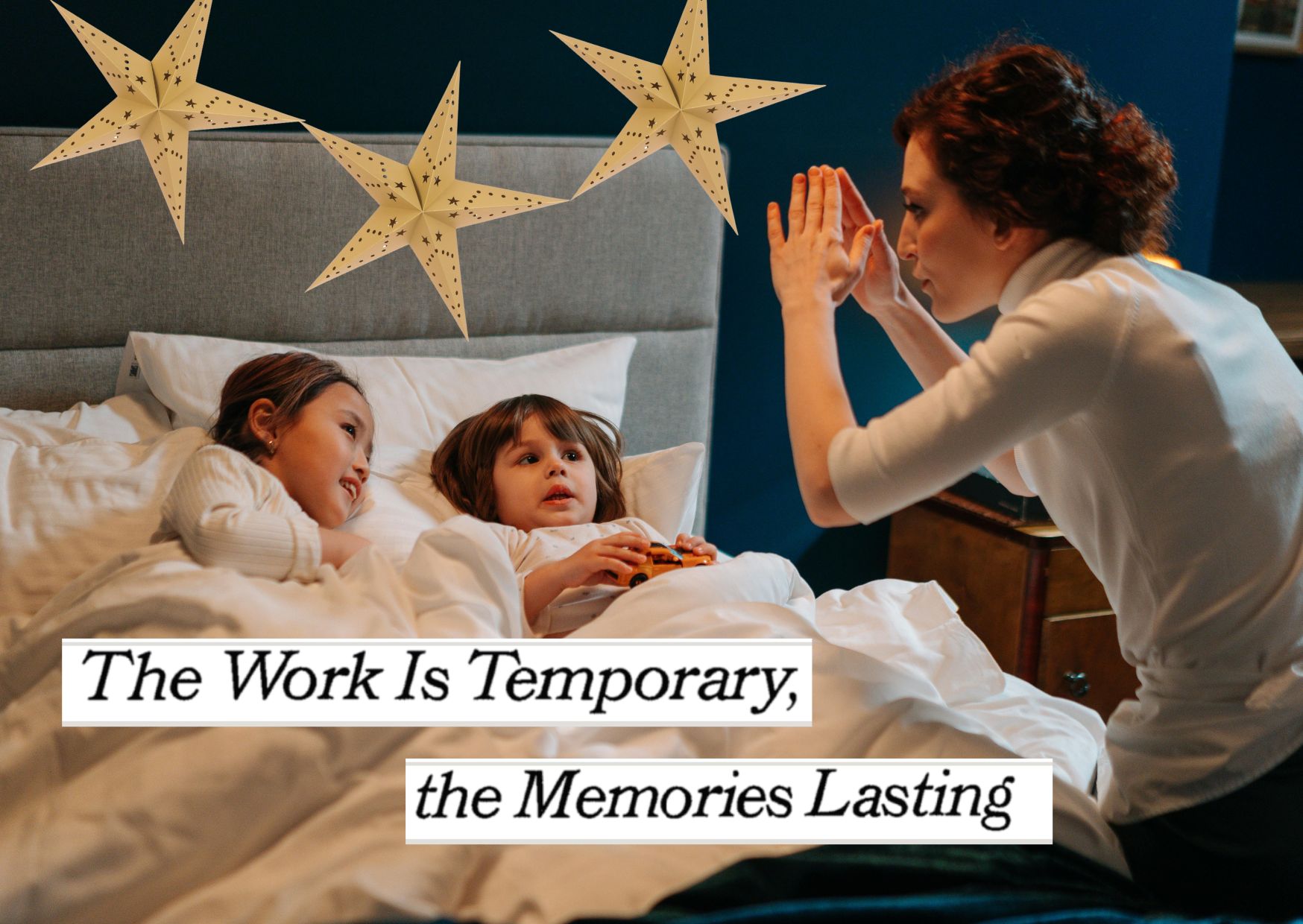I've Got Nanny Issues

I experienced heartbreak for the first time in fourth grade. It wasn’t over a failed playground crush or the death of my Tamagotchi, but over a 58 year-old woman who had just left my life forever.
Dorina, a Romanian nanny who lived with us for two years, was the third in a series of six nannies that raised me. Many of my fond early childhood memories are interwoven with the smell of Dorina’s cooking, playful attitude, and creative spirit. I had become accustomed to her Romanian expressions, boisterous protests against frozen TV dinners, and homemade Sarmales. I wasn’t prepared for the morning when she packed her things and waved goodbye to me from her car, tears streaming down her cheeks. My mother held me in the doorway as I kept asking “why?”
Was I a horrible child? Did she not like me anymore? Had she found another little girl somewhere else? As I grew older, I understood the transactional relationship, but couldn’t shake the emotional effects of Dorina’s departure. I was reminded of Dorina when reading an article interviewing live-in nannies about their work and its emotional implications.
Joan, a nanny who has worked in Oxfordshire for 13 years reflects: "I think the way we think about childcare is so much more superficial and transactional than the reality which is pure unadulterated love, a bond and feeling that is so much deeper than how our society frames it… few parents properly acknowledge the disruption caused to their child when the carer leaves. I don't think they think about it enough– they just think, 'That one didn't work out... Next!'”

There is a moral gray area in the nannying and childcare industry. Early childhood development, an extremely impressionable period, has been the subject of a plethora of psychological literature. Freudian studies about mommy and daddy issues, especially as they relate to feelings of abandonment, could have the same psychological result on a child when a nanny leaves. Freud himself was cared for by a nanny, called Resi, who left abruptly when he was two, apparently after being caught stealing from the family. Who knows what lasting psychological effects Resi's sudden departure left on him.
Finding conclusive studies on the effects of nannies on childhood development is varied and non-linear. There are many factors that affect childhood development, and making general statements on whether a nanny is beneficial for a child is difficult. However, a study by Alejandra Ros Pilarz and Heather Hill on the Unstable and Multiple Child Care Arrangements and Young Children’s Behavior gave some interesting insights on the correlations between child care instability and child behavior problems.
Their research found that when children experience instability in their lives from birth to age three, it tends to lead to more behavioral problems, like acting out. If a child has multiple caregivers at age three, this is linked to both acting out and having internal emotional issues, but if they have had the same caregivers consistently over time, it doesn’t seem to have that same effect. The study did not find significant differences based on when instability happens, the child’s gender, family income, or the type of care they receive.
The study highlights the need for stable and consistent child care figures in a child’s life, but doesn’t claim that having a nanny is bad for a child’s development. Although I don't believe nannying should stop, I do think there needs to be more research on this industry's long-term effects on psychological development.

From my personal experience being raised by six nannies, I can attest to the constant emotional cycles resulting from the welcoming and subsequent departure of an in-home childcare provider. However, not every nanny had the same profound impact on me that Dorina had. Some of my nannies were mean, some were nice, but all had their habits and quirks. After Dorina left, however, I became numb to their continuous departures. I found myself building walls and not attaching myself emotionally to them, which at time made it hard for them to discipline me. This was a self-protecting defensive mechanism I had adopted to not feel the same sense of abandonment over and over again.
Regardless of my attachment to them, these women imparted wonderful attributes onto me and I am so grateful for their influence; I wouldn't be who I am without their involvement in my life. Through navigating the complexities of both the challenges and benefits, further research must be done on the long-term psychological effects on early childhood development in general, but specifically with regards to the nannying industry. It's an industry filled with love and loss, transaction and human relationships. We need to be aware of the lasting emotional effects on children and how that can shape their relationship to the world and others as they grow up.





